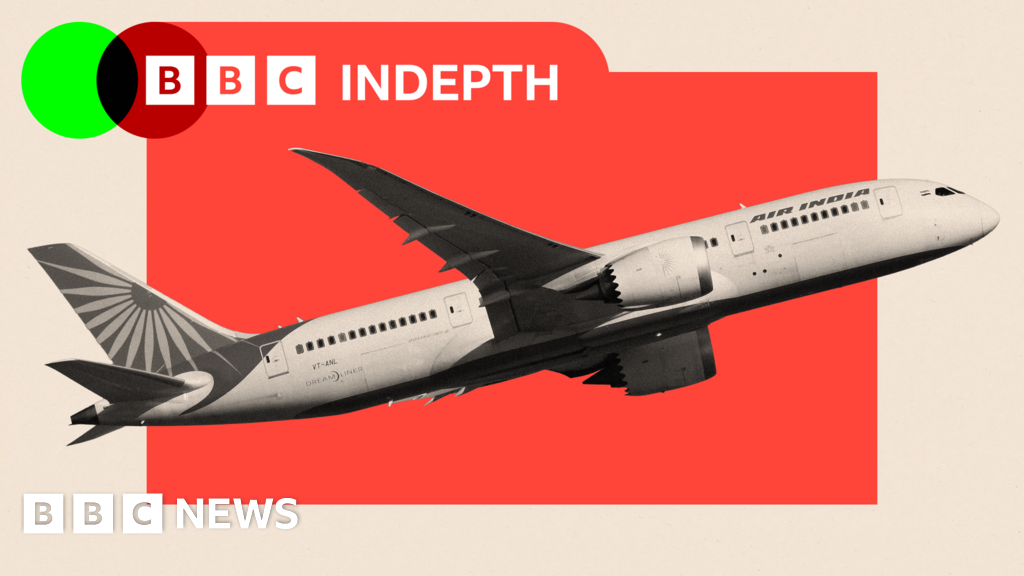Boeing Workers Prepare to Strike Over Labor Agreement
Introduction
Boeing workers who build fighter jets are planning to go on strike, according to a recent report by AP News. The workers, totaling about 3,200, are based in facilities across the United States, with a large concentration in St. Louis. This decision comes after the workers voted to reject a modified four-year labor agreement with Boeing, as announced by the International Association of Machinists and Aerospace Workers (IAM) union.
Key Details
The IAM union and Boeing had been in negotiations for months regarding wages, healthcare benefits, and job security. The rejected agreement included wage increases, but also proposed a shift from company-provided healthcare to a union-run trust. This change was met with resistance from the workers, who expressed concerns about the trust's financial stability and potential loss of benefits.
Additionally, the workers are seeking a guarantee that Boeing will keep the production of fighter jets in the United States, as the company has recently been shifting some of its work to cheaper international locations. This demand highlights the workers' dedication to their jobs and the industry, as well as their desire to protect American jobs.
Impact
The strike has the potential to significantly impact Boeing's production and delivery of fighter jets, which are used by the United States military. It could also have a ripple effect on the company's supply chain and other associated industries.
About the Organizations Mentioned
Boeing
Boeing is a global leader in aerospace, renowned for designing, manufacturing, and supporting commercial airplanes, defense systems, and space technologies. Founded in 1916 by William E. Boeing, the company has played a pivotal role in shaping modern aviation and space exploration. Over its more than a century of operation, Boeing has achieved numerous milestones, including pioneering the development of jet airliners, launching the first commercial satellite, and building critical components for NASA’s space missions. Boeing’s core business is divided into three main segments: Commercial Airplanes, Defense, Space & Security, and Global Services. Its commercial aircraft, such as the 737 MAX and 787 Dreamliner, are staples of airlines worldwide, known for their advanced engineering and efficiency. In defense and space, Boeing delivers cutting-edge military aircraft, missile systems, and spacecraft, including the Starliner and contributions to the International Space Station. In recent years, Boeing has navigated significant challenges, including the 737 MAX grounding and production delays, but has made strides in restructuring and enhancing safety protocols. As of 2025, the company is rebounding, with increased production rates for the 737, a growing backlog of over 5,900 commercial airplanes, and a focus on innovation and sustainability. Boeing is committed to reducing aviation’s carbon footprint, actively promoting the adoption of sustainable aviation fuels (SAF) and investing in next-generation technologies. Boeing’s market outlook remains robust, with projections indicating strong demand for new aircraft and a $4.7 trillion services market through 2044. The company’s mission—to protect, connect, and explore our world and beyond—continues to drive its pursuit of excellence, making Boeing a cornerstone of the global aerospace industry.

















